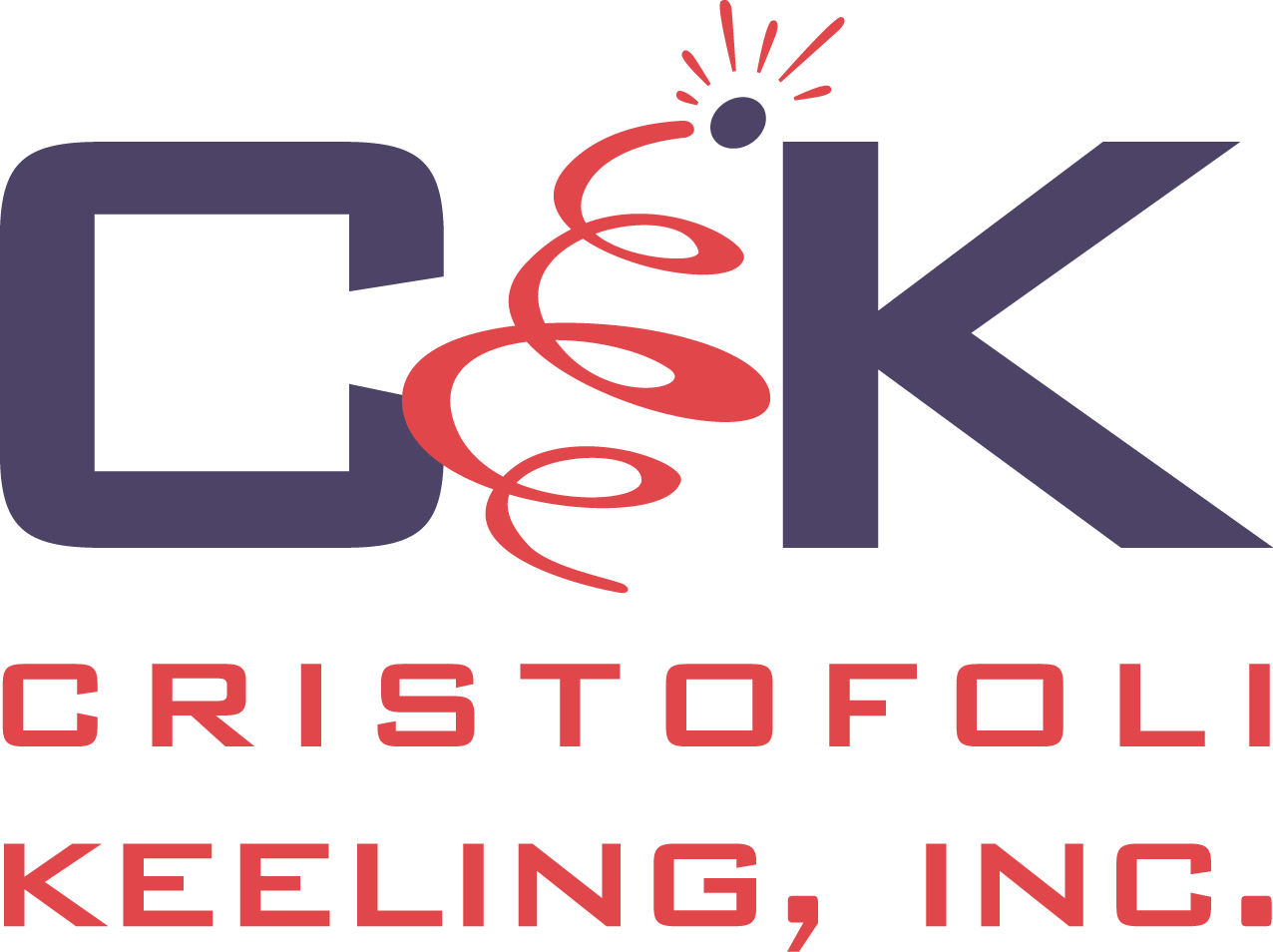I hate social media. I love social media.
On Monday: “Social media is such a great way to stay connected!”
On Tuesday: “Social media is so fake! I hate it.”
On Wednesday: “I was able to watch my friend’s wedding in Europe from the U.S. through the magic of social media!”
On Thursday: “I’m tired of seeing everyone’s highlight reels. I’m going on a social media fast for a few weeks to be more authentic.”
On Friday: *Somehow already back on social media because of [XYZ excuse]*
Why is everyone struggling with this reality? One moment you want to share every aspect of life and business on social media. The next minute it all seems fake and frivolous and you vow to go off the grid for a few weeks to be more ‘authentic’. Next thing you know it’s been one day and you’re back on it again.
How is it possible to both love and hate something so incredibly much?
We’ve all heard the stats and studies –– The Skimm shares how social media acts like a drug, giving you a dopamine rush when you get more likes on Instagram. It encourages our instinctive ‘pack mentality’ –– the need to be accepted by the group. The irony here is that many people would tell you they use social media as a channel to express their individuality regardless of what anyone else thinks. But –– maybe it’s actually a way for people to find validation for their individuality, and if everyone accepts it, is it even a bold statement anymore?
When it comes to the mentally healthy use of social media, it’s hard to say that anyone is doing it the right way 100%.
Instead of focusing on our love or hate for the world of social media, it may be more helpful to focus on our intentions behind posting and consuming content. Are we using it as a way to feel like we ‘fit in’ or receive (maybe unhealthy) validation? Are we using it for business? For virtual connection? To build a brand or essence? To fill a void? To connect with old friends?
Only you can answer these questions for yourself or business and social media can have fantastic outcomes for companies and individuals alike. However, like many things, understanding your true intentions behind your use could guide you to a healthier relationship with social media and deescalate your ‘love-hate’ roller coaster.
